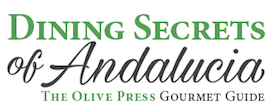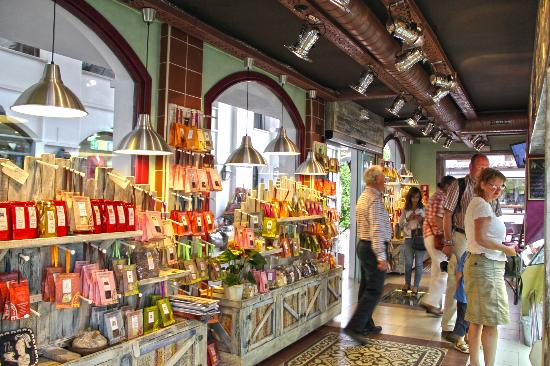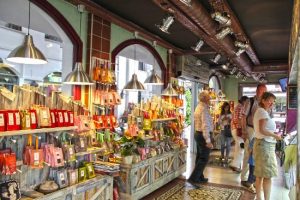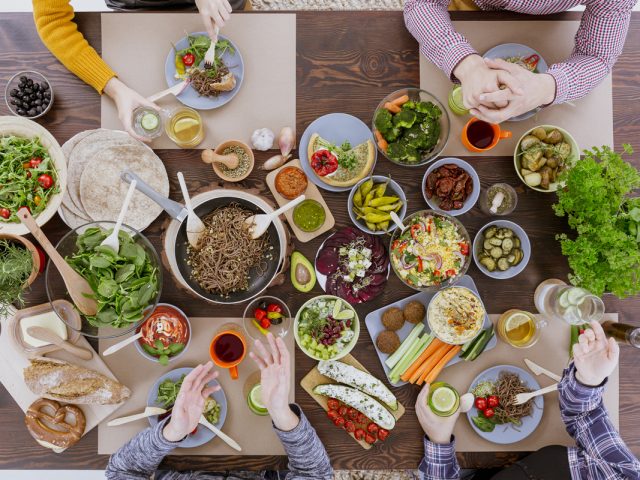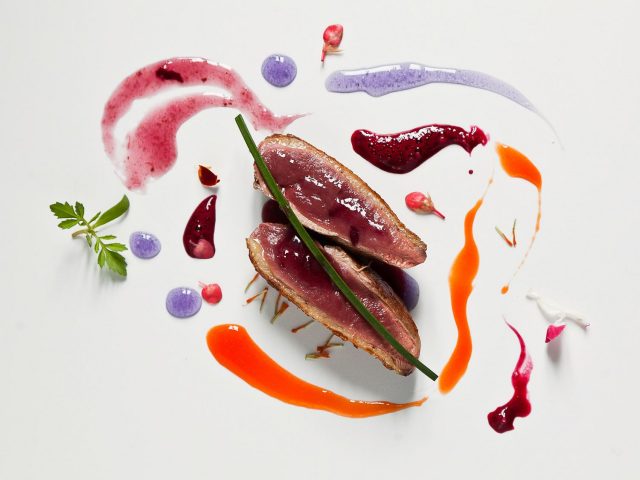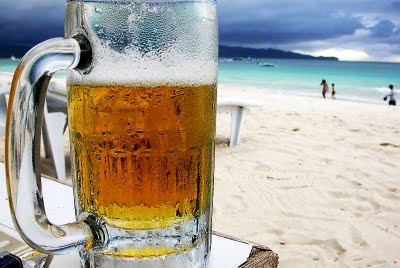- Have any questions?
- +34 951 273 575
- info@diningsecretsofandalucia.com
The sweet taste of success

Nobu Restaurant Marbella to open doors this May
14 April, 2017
More Spaniards ditching fruit and vegetable after prices begin to rocket
19 April, 2017Making chocolate in a Mediterranean climate sounds like a sticky business. But for Peak District-born Jason Godwin, the gamble he took five years ago has certainly paid off. Today, from the tiny factory located in the heart of beautiful Mijas Pueblo, an extensive range of chocolate under the brand name of Mayan Monkey Mijas is distributed throughout Spain and Europe.
With its ‘Made in Mijas’ stamp, Mayan Monkey Mijas’ chocolate is fast becoming as much of a must-buy as Jabugo jamon or Jerezano sherry. Chocoholics from all over the world flock to the ‘Happiness Lab’ for tours, and to dabble in the art of making this sweet treat from scratch.
Jason puts the success of Mayan Monkey Mijas down to the quality (gastronomic and ethical) of its creatively-flavoured hand- crafted wares. In addition to the chocolate, this micro-company also makes ice cream, gluten free baked wares and sugar free treats, as well as cacao-based skincare.
The lip-smacking list of chocolate flavours include organic bee pollen, Mijas honey, salted almond and local lemons & oranges. Another key selling point is Jason and co-founder and partner Eli McCarthy’s ECO-centric philosophy.
“There are more slaves in the world today than at any other time in the past”, Jason tells us as we tuck into some dulcet dark chocolate buttons made with or- ganic cacao. The beans used in this chocolate are fully traceable to farming communities in the Dominican Republic and Peru.
The Ivory coast produces 70% of the world’s cacao, most of which is used in the mass-production of chocolate. The dark side of this factoid is that the Ivorian cacao sector is characterised by exploitative working conditions, including indentured adult labour and even child slave labour. This is what allows most supermarket chocolate to be sold at artificially low prices. Jason tells us that there are almost two million child slaves working in the the Ivory Coast´s cacao plantations. Most children are trafficked from neighbouring countries so, because they don’t speak Ivorian, they are unable to ask for help.
Needless to say, the younger the child, the less resources he or she will have to understand what has happened, and to figure out how to get back home. “Within 10 days of finding this out, we had changed our suppliers”, Jason tells us. “If the origin is not printed on the label, the majority of the time the chocolate will have originated in western Africa,” he goes on to explain.
As part of an ongoing sourcing mission focused on quality, Mayan Monkey Mijas has started to explore new supply avenues, such as buying cacao beans that have been shipped from the Dominican Republic (the world´s leading producer of organic cacao) to Europe aboard “Tres Hombres” , the Dutch sailboat – one of the very few engineless cargo ships in the world, and part of a new environmental growth movement known as “Fair Transport”.
Why a sail ship? Because commercial ships account for more sulphur dioxide pollutants than all the cars in the world, says Jason. And why from the Dominican Republic in particular? Because of the depth of flavour of their organic cacao beans and the farmers’ fairer working conditions, he explains.
The beans are currently roasted in Amsterdam, pending refurbishment of a huge antique stone-wheel mill (dating back to the 1890s), and a beautiful French coffee roaster, which is almost 100 years old. The objective? “We want to make chocolate in a way that both re- duces our carbon footprint and prioritizes the focus on flavour,” says Jason.
To this end, he and Eli are in the process of expanding the chocolate factory to include a “working museum” showcasing the production process of choco- late, its fascinating history, and the vital changes that are needed in order to ensure that the taste of chocolate is sweet not just for the consumer, but for everyone in the supply chain. For more information on ethically produced chocolate, visit: YouTube: The Dark Side of Chocolate – www.slavefreechocolate.org
WIN A GOLDEN TICKET TO A CHOCOLATE-MAKING WORKSHOP Chocolate Truffles, Deco Bars, Chocolate-dipped fruits, Marbled Chocolate Figurines and Soft-Centre Chocolate Bonbons…… mmmm!!! Win one of four tickets to a “Chocolatiers Workshop” at Mayan Monkey Mijas Chocolate Factory, and learn the techniques behind all the above-mentioned organic chocolate delights. And the best part? The huge bag of chocolates you will take home with you at the end of the workshop! To be in with a chance to win, please send your answer to the following question to Newsdesk@theolivepress.es before midnight on April 25. QUESTION: What is the “The Dark Side of Chocolate” about? All four winners will be notified by email by May 5.
